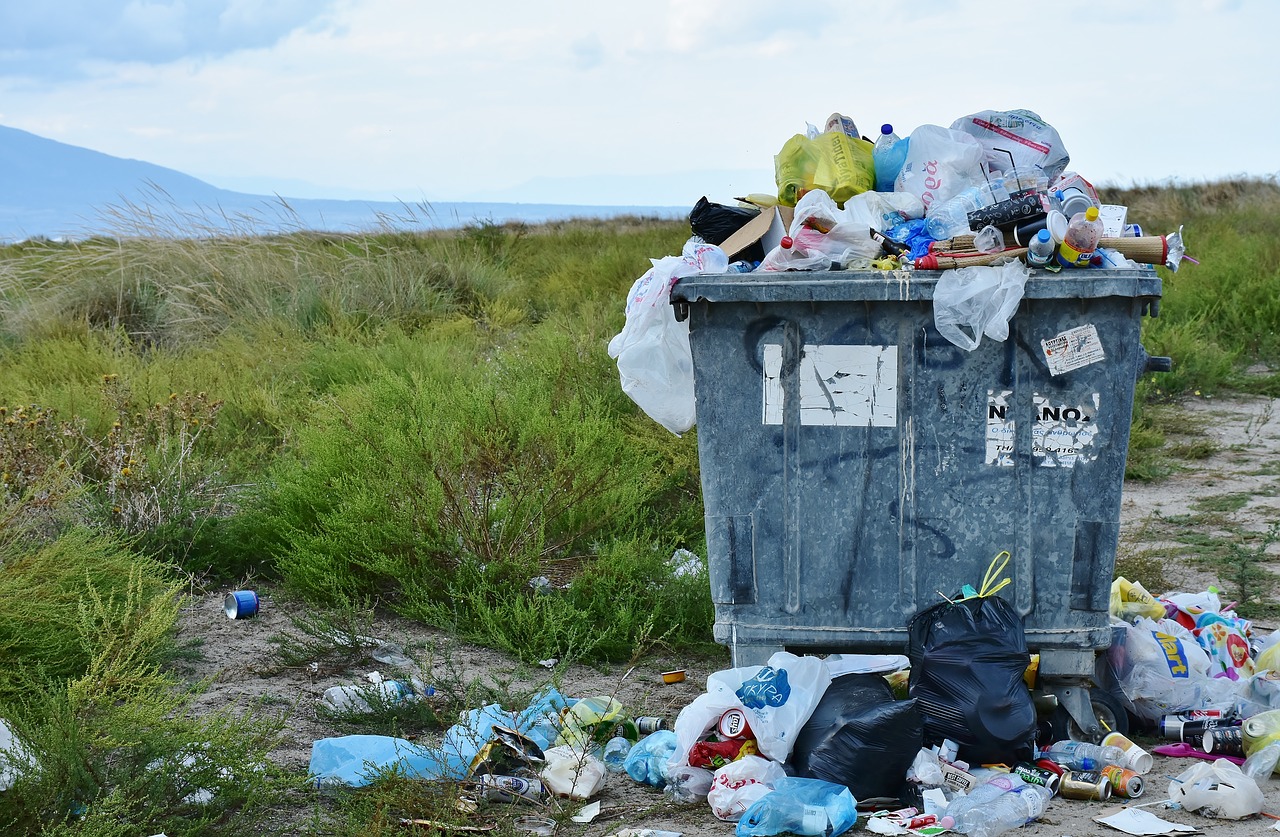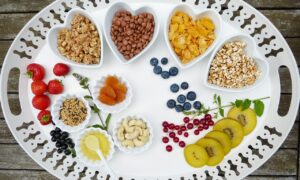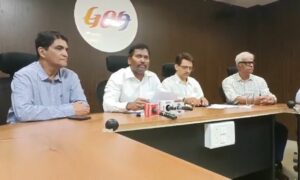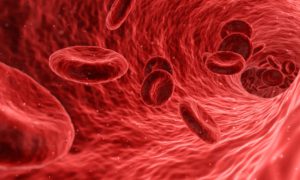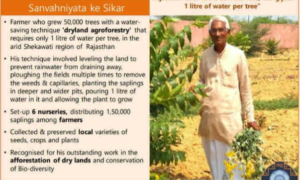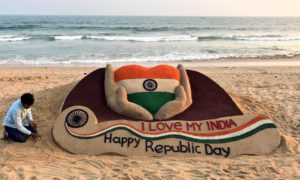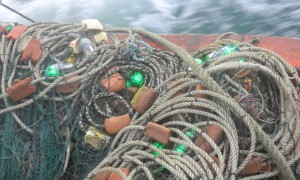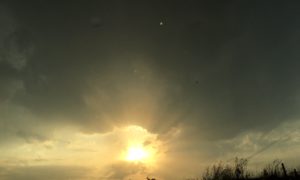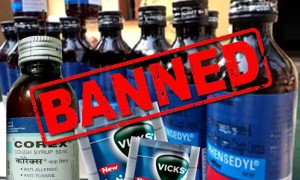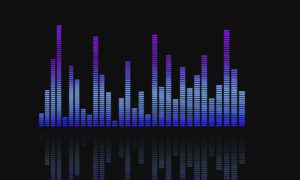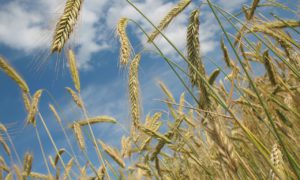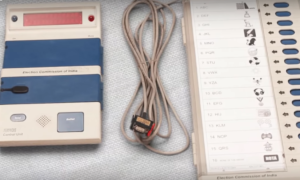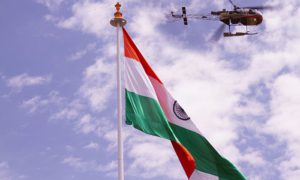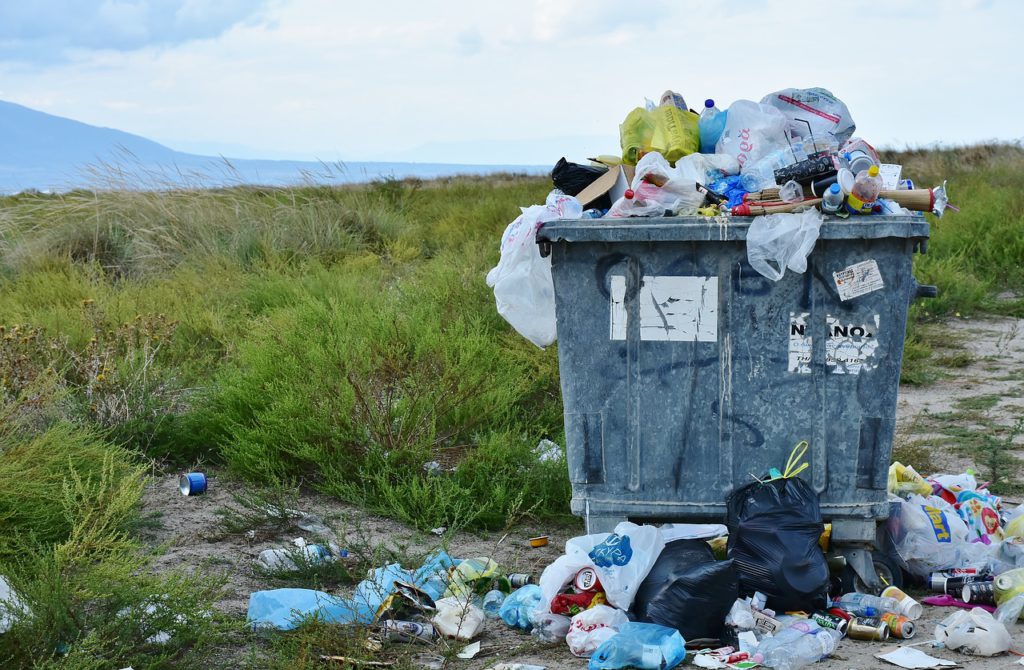 Maharashtra has become the 18th Indian state to ban use of plastic.
Maharashtra has become the 18th Indian state to ban use of plastic.
As per the Maharashtra Plastic and Thermocol Products (Manufacture, Usage, Sale, Transport, Handling and Store) Notification, 2018, the manufacture, usage, sale, storage and transport of products made from plastic and thermocol have been banned with immediate effect across the state.
Maharashtra Environment Minister Ramdas Kadam said manufacturers, producers, sellers, traders, retailers and users will have to finish their existing stock within a month by either handing them over to the local civic body for scientific disposal or selling them to an authorized recycler.
In case of violation, the state government has proposed a fine of Rs 5,000.
Pertinently, Kadam said around 1,100 tonnes of plastic wastes are produced in Maharashtra everyday.
Other states that have banned plastic include Bengaluru, Delhi, Punjab, Rajasthan, Himachal Pradesh, Goa and West Bengal. However, the ban has not been implemented strictly enough to abolish plastic usage completely.
We, at Big Wire, believe that no ban can be implemented successfully, unless we, the people, awaken our consciousness.
Here are 10 reasons why you should abolish use of plastic completely:
1. Plastic bags are light in weight and hence can travel long distances via water and wind. No wonder you will found plastic litter everywhere. They pollute both land and water.
According to The Better India, 80% pollutants in the Bay of Bengal, the Arabian Sea, and the Indian Ocean are plastic.
2. Plastics are made of polypropylene – a thermoplastic polymer of petroleum and natural gas. Hence plastics are non-renewable and create greenhouse gases like carbon dioxide and chlorofluorocarbons, thereby contributing to global warming.
3. Petroleum-based plastic bags are not bio-degradable. Instead, when discarded and exposed to the environment, they simply break up into smaller pieces and end up in the oceans.
According to Greentumble, there are approximately 46,000-1,000,000 plastic fragments floating within every square mile of oceans across the world.
4. Thousands of marine and wild lives are killed every year due to consumption of plastic. Plastic bags, as mentioned earlier, photo-degrade, ie, break up into smaller pieces.
Animals, birds, fishes, turtles and other marine lives mistake them as food. As a result, either their digestive tracts get congested, or they get infection due to toxicity or death by suffocation.
Plastic Bag Ban Report estimates, over 267 species of seabirds have plastic in their stomachs.
5. Plastics are as harmful to human health as well. Plastic fragments absorb hormone-disrupting chemicals like pollutants like PCBs (polychlorinated biphenyl) and PAHs (Polycyclic aromatic hydrocarbons).
————————————————–
You may like to read
—————————————-
Marine organisms consume these plastic particles which stay in their stomach. When we eat fish or other marine organisms, these harmful particles enter our bodies as well.
6. Plastic production consumes huge energy. A Greentumble report says, production of nine plastic bags needs energy equivalent to drive a car for one kilometer.
7. Plastic bags are difficult to recycle. Most recycling facilities do not have the capacity to recycle plastic bags as they tend to get caught in the machinery. Reports say, only 5% of plastic bags are actually recycled.
8. The United Nations Environment Programme (UNEP) has recommended a complete ban on all plastic bags across the world.
It has said that if the respective governments cannot impose the ban, they can make people pay extra money for using such bags to discourage their usage.
9. A UNEP report shows 80% of plastic waste in the ocean comes from land-based sources. The items most commonly found on beaches are single-use plastics such as grocery bags, food packaging, bottles and utensils.
10. A significant 40% of plastic produced each year becomes single-use packaging.
Big Wire

